
Some basics
- The idea is to meet somebody in the Trust you wouldn’t normally meet on an informal basis and have a chat over a coffee/tea/cold drink.
- It helps you as a person … it is nice to talk!
- It can break down silos and link together people who would not normally meet.
- Available to all Christie staff including our satellite sites.
- You can talk about anything you want to talk about. Maybe hobbies, maybe families, maybe holidays or even maybe work!
When is it?
We are planning to run it from Monday 25 November to Friday 29 November 2019, although meetings don’t have to take part in that week. It just gives a focus
How do I sign up?
email: library@christie.nhs.uk before the end of Friday 15 November 2019 giving your job title and location and name you prefer to use.
What happens then?
- We will pair you at random with someone else at The Christie. It could literally be anyone from a clinical colleague to a volunteer to the Chief Executive., depending on who signs up.
- We will email you by the end 18 November to introduce you to your RCT partner.
- It is then up to the two of you to get in touch with each other and organise a 15-30 minute chat over coffee (sorry you will have to provide your own drink).
- It would be nice if you can meet up between the 25-29 November but it is not essential.
- It need not be coffee – it can be any drink or refreshment, whatever works best for you.
- If the two of you are on different sites, you can have a virtual RCT, say over Skype or the phone, still with a cup of coffee.
- After the RCT, we will send you another email asking how you found the experience.
Comments from our last RCT in May 2019
Finding out about another role I had no idea existed! But following on from this, it has given the team ideas on how we can work with this person/team to develop part of the service we provide into something new and innovative.
“It was really interesting to meet someone for purposes other than work. Certainly that’s a good place to start a conversation, but it was good to chat about life and experiences in general.”
Learning about another clinical team Being able to share some information helpful to my colleague I nearly cancelled because I was so busy but was so glad that I didn’t because the encounter re-energised me for the rest of the day!
“It was really nice to talk about how we joined the Christie and ended up in Manchester, our current and future plans. In summary it was a pleasant informal, enlightening chat.”
We plan to have another coffee after the summer to talk about our holidays
“Continue to meet monthly to support each other.”
Really good experience, especially as I had only started working at the Christie for a few weeks prior to the RCT so it was a great way to meet even more people!
“Even though in my day to day job role I am quite confident, meeting new people randomly like this is something that is completely out of my comfort zone but I really enjoyed it and am so glad I did it.”
I am not sure how many people participated, but to increase this would be good. Managers would need to support their staff to do so as managers themselves probably find it easier to be flexible with time.
“I think it works really well, very informal, you don’t feel under any pressure. You can arrange to meet anywhere in the Trust.”
There were many other comments and of those who responded to the questionnaire afterwards (which was over 50% of the people who took part) all said they would do it again!
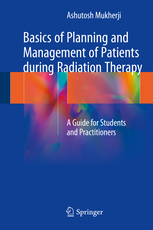
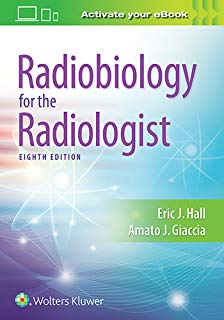


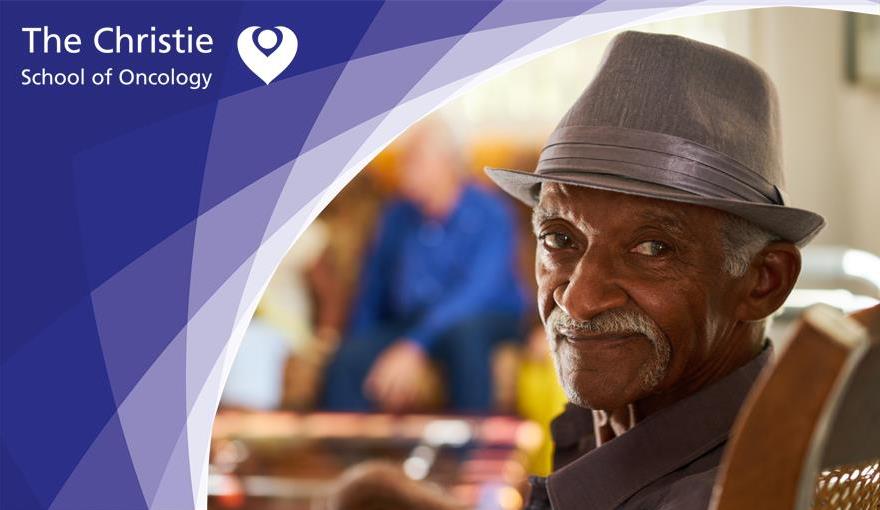
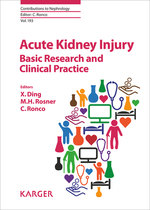
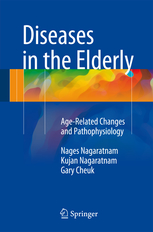

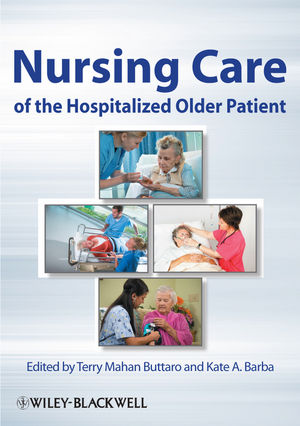

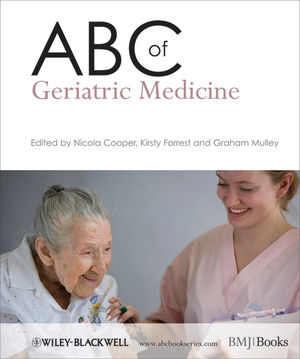
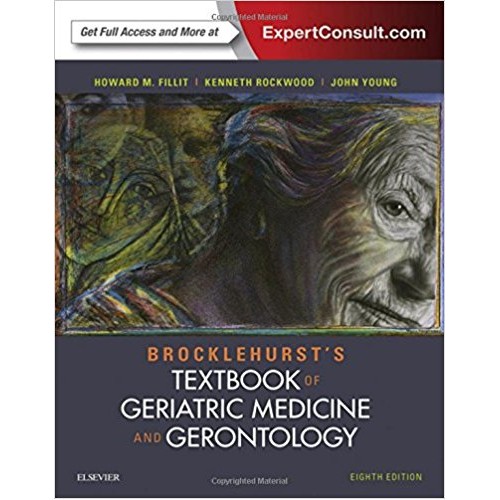
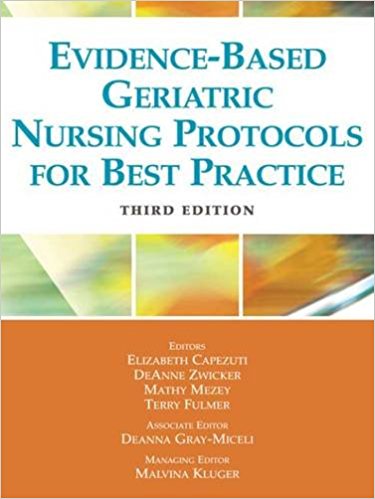
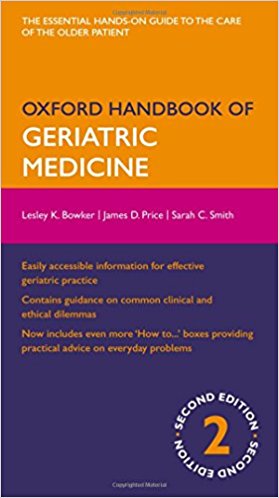

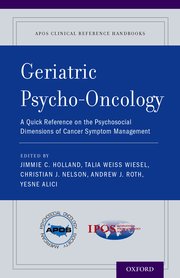
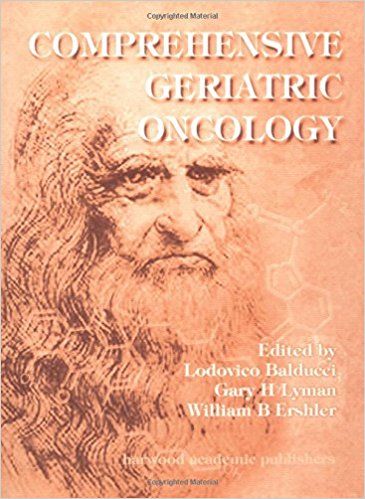
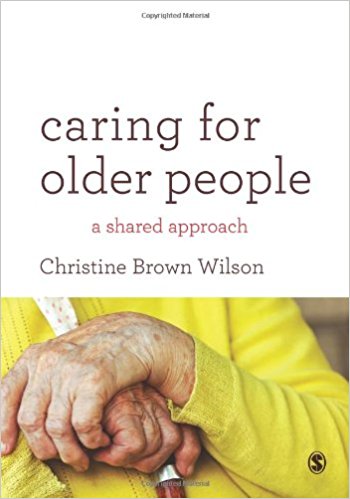
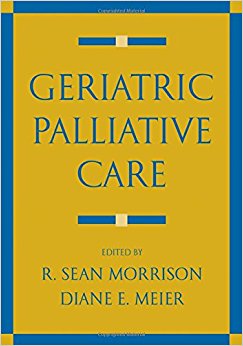
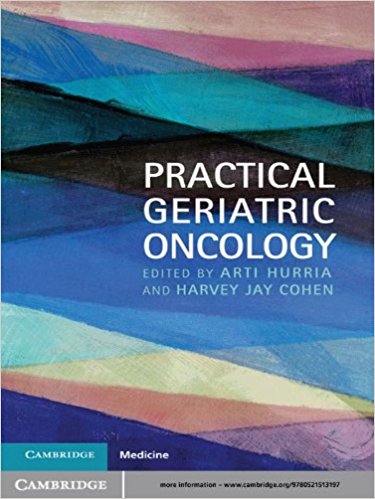
 Try This: Best Practices in Nursing Care to Older Adults [EBSCO eJournal]
Try This: Best Practices in Nursing Care to Older Adults [EBSCO eJournal] 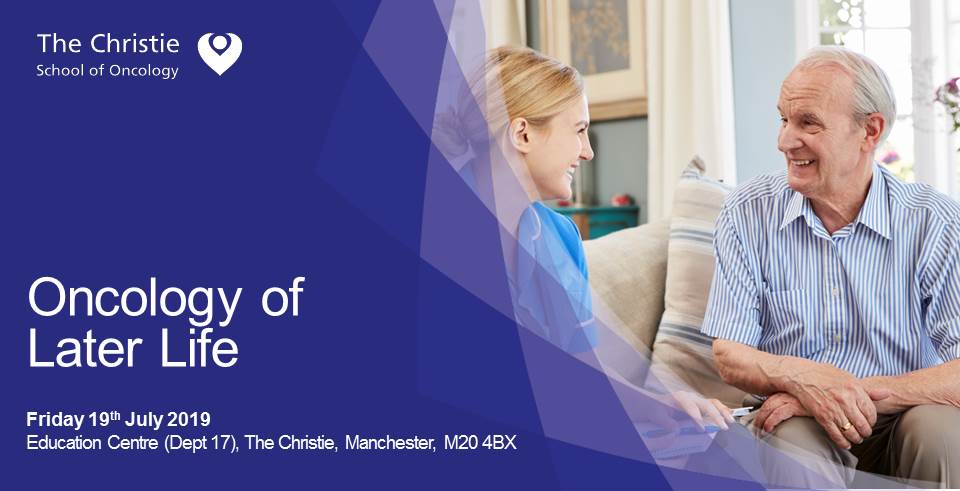
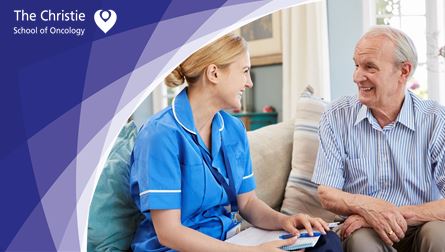


 Most meetings were held during Mental Health Awareness Week
Most meetings were held during Mental Health Awareness Week